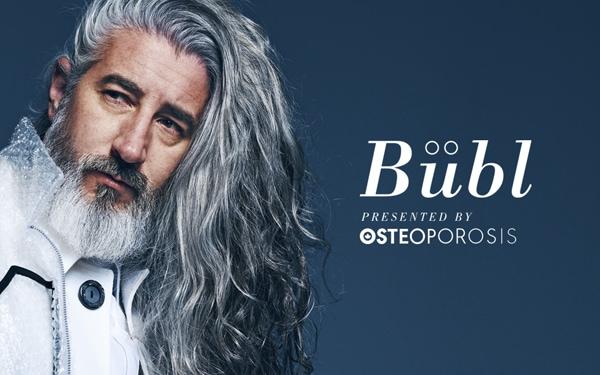
Swedish Milk Study

Swedish Milk Study
In a study published on Oct 28, 2014 by Dr. Michaelsson of Uppsala University, Sweden in the BMJ, high milk intake was associated with an increased rate of death in a large observational study completed in Sweden.
In this study 61,433 Women (39-74 years at baseline 1987-90) were followed for 20.1 years and 45,339 men (45-79 years at baseline 1997), were followed for 11.2 years. They completed food frequency questionnaires. During the follow-up of 20.1 years, 15,541 women died and 17,252 had a fracture, of whom 4259 had a hip fracture. Of the men being followed for an average of 11.2 years, 10,112 men died and 5,066 had a fracture, with 1,166 hip fracture cases. In women, the death rate was higher in those drinking three or more glasses of milk a day compared to those drinking just one glass a day (hazard ratio 1.93; 95% confidence interval 1.80 to 2.06). There did not appear to be a decrease in the risk of fracture with a higher intake of milk. Similar findings were seen in the men in this study. The researchers concluded that high milk intake was associated with a higher death rate and did not appear to protect from developing fractures.
This study design was not ideal however for determining cause and effect between the high intake of milk and the increased risk of death. Other researchers have actually observed a lower rate of heart attacks in those with a diet rich in dietary sources of calcium. In 2012, Li and colleagues evaluated a German cohort study of 23,980 people ages 35-64 followed over 11 years and found that a calcium enriched diet was associated with a lower rate of MI by 30%.
Clearly further research with well-designed studies is necessary before it can be concluded that high intake of milk is harmful. Osteoporosis Canada recommends that Canadians over 50 get 1200 mg of calcium daily through food and supplement, with food being the preferable source.
Scientific Advisory Council
Osteoporosis Canada’s rapid response team, made up of members of the Scientific Advisory Council, creates position statements as news breaks regarding osteoporosis. The position statements are used to inform both the healthcare professional and the patient. The Scientific Advisory Council (SAC) is made up of experts in Osteoporosis and bone metabolism and is a volunteer membership.


